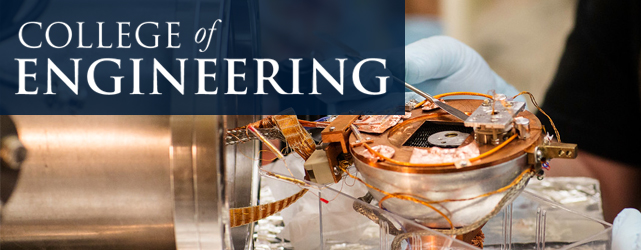Document Type
Article
Author ORCID Identifier
Daniel Bernal https://orcid.org/0009-0003-8588-4449
Adeeba A. Raheem https://orcid.org/0000-0002-2226-5582
Hongjie Wang https://orcid.org/0000-0002-0162-7812
Journal/Book Title/Conference
Sustainability
Volume
16
Issue
15
Publisher
MDPI AG
Publication Date
8-5-2024
Journal Article Version
Version of Record
First Page
1
Last Page
21
Creative Commons License

This work is licensed under a Creative Commons Attribution 4.0 License.
Abstract
As the global transportation sector increasingly adopts electric vehicles, the demand for advanced and accessible charging infrastructure is rising. In addition to at-home electric vehicle (EV) charging, there is a growing need for the swift development of commercial direct current fast charging (DCFC) stations to meet on-the-go EV charging demands. While government funds are available to support the expansion of the EV charging network in the United States, the establishment of a robust nationwide EV charging infrastructure requires significant private sector investment. This study was conducted to assess the economic feasibility of various business models for fast charging stations in the U.S. using two case studies and exploring different operational strategies including sole ownership and collaborative ventures with public and private entities. The results indicate that based on the current adoption and utilization rates in the U.S., the business model involving an owner-operator collaborating with a public partner ensures profitability and protects the investment in DCFC stations from financial losses. The study also highlights that demand charges and electricity retail prices are the factors that affect the profitability of a DCFC station.
Recommended Citation
Bernal, D.; Raheem, A.A.; Inti, S.; Wang, H. Assessment of Economic Viability of Direct Current Fast Charging Infrastructure Investments for Electric Vehicles in the United States. Sustainability 2024, 16, 6701. https://doi.org/10.3390/su16156701


